Dhaka, Oct 01 (V7N) – Former industry minister and veteran Awami League politician Nurul Majid Mahmud Humayun passed away at the age of 75 while undergoing treatment at Dhaka Medical College Hospital on Monday morning. His death has sparked heated debate after a photograph circulated on social media showing him lying unconscious in a hospital bed with his hands cuffed.
The image drew widespread criticism, with many describing it as inhumane to restrain an elderly, critically ill man in such a manner. Human rights activists argued that this treatment violated constitutional provisions prohibiting cruel or degrading behavior toward detainees.
Nurul Majid had been suffering from multiple health complications, including heart disease, diabetes, and later severe diarrhea that led to further complications. According to the Department of Prisons, he had been hospitalized several times in recent months. Jannat-ul-Farhad, Assistant Inspector General of Prisons (Media and Development), stated that the controversial photograph may have been taken during one of his earlier hospital visits. He clarified that Humayun died in the intensive care unit (ICU), where no metallic objects, including handcuffs, are allowed. “No negligence was made in his treatment,” he said.
Prison officials further explained that, under regulations, inmates taken outside prison must be handcuffed unless doctors specifically request otherwise. For dangerous offenders, additional restraints such as leg irons are sometimes used. They maintained that these measures are applied for security reasons, even during hospital treatment.
Human rights defender Nur Khan Liton strongly condemned the incident, calling it a “cruel act” against a senior citizen and a freedom fighter. “This is not only inhumane but also unconstitutional. Article 35 of the Constitution prohibits any form of cruel or degrading treatment. Why should a dying man be chained to his hospital bed?” he asked.
Legal experts also pointed out that under section 330 of the Police Regulations, excessive restraints such as handcuffs or ropes should not be used unnecessarily, particularly for elderly or physically weak detainees who pose no flight risk.
Humayun’s lawyer, Dilruba Koli, alleged that his client had not received proper medical care during detention. “When he was arrested, he was in good health. Later, he was taken to Narsingdi while suffering from dengue. His treatment was inadequate, and his condition gradually worsened,” she said.
Nurul Majid Mahmud Humayun was arrested in September last year in Dhaka and had been held at Dhaka Central Jail in Keraniganj. He faced multiple murder cases filed in both Dhaka and Narsingdi.
His death has once again revived debate over the treatment of political detainees in Bangladesh, with critics pointing to similar incidents in the past where opposition leaders were handcuffed during treatment or even at funeral rites. The controversy has raised broader questions about the balance between prison security protocols and the fundamental rights of detainees, especially those in frail health.
END/AJ/SMA/



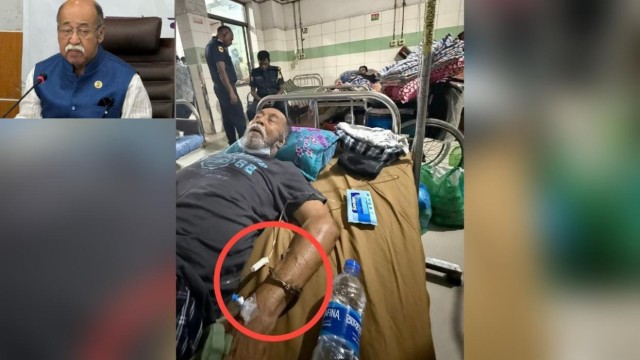
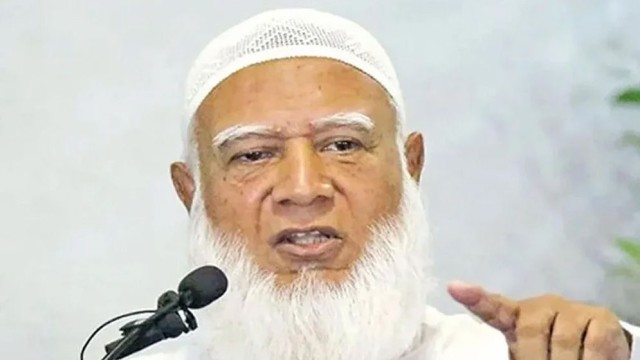
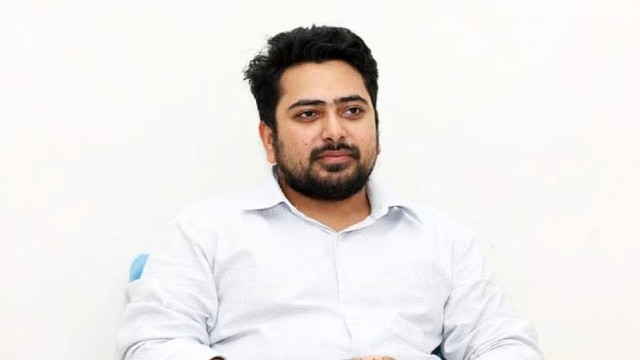


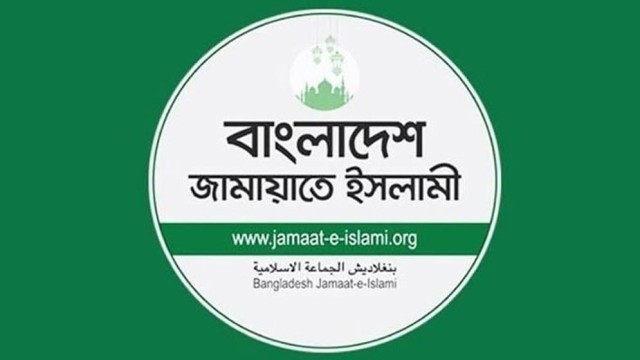



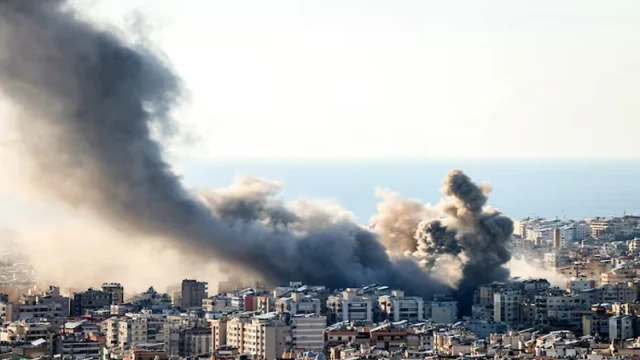

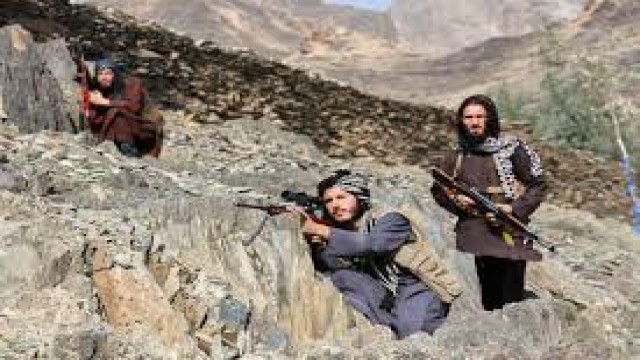
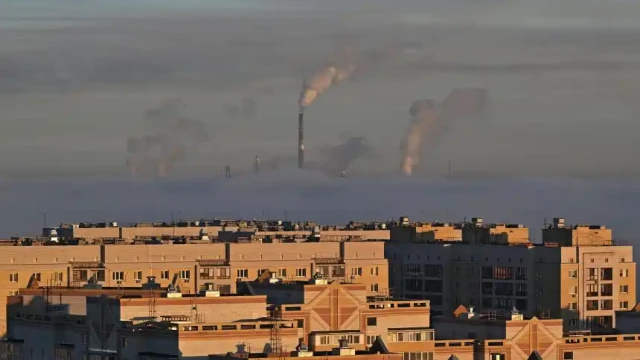

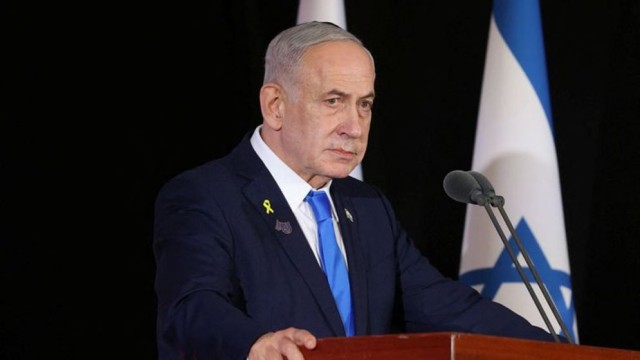
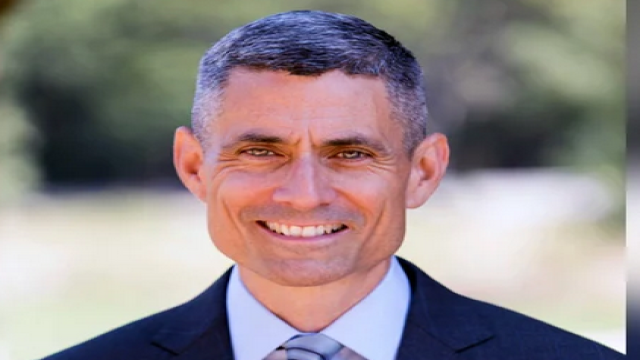
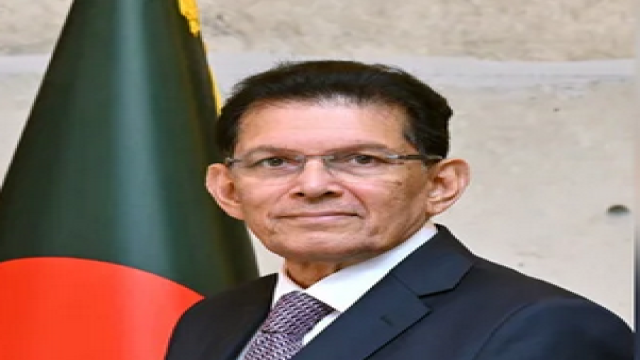










Comment: